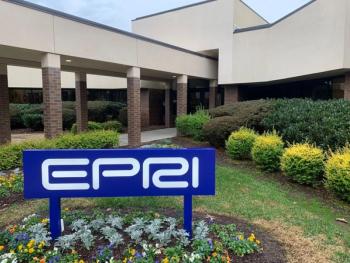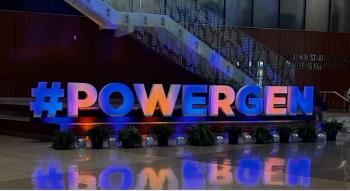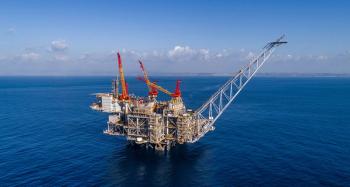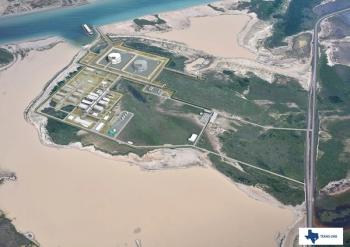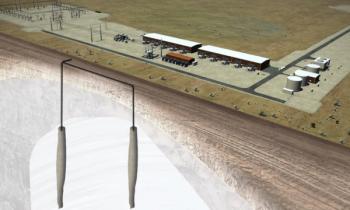
Design simulation software e.FFECT expands functionality
Digital simulation software e.FFECT (electronic Freudenberg Filter Efficiency Tool) is expanding its range of services to increase its functional reliability, efficiency and cost-effectiveness.
Dust and moisture in the intake air of gas turbines and compressors cause deposits on the blade surfaces known as ‘fouling’, as well as corrosion damage in the hot gas area. This results in reduced performance and efficiency while maintenance effort and costs also increase. Multi-stage air intake filter systems provide protection and functional reliability – as long as they are precisely tailored to the requirements of the plant and the specific environmental conditions at the power plant location. The air filters used need to achieve the required service life so that filter changes can be carried out during planned maintenance intervals. With its simulation software, the e.FFECT Freudenberg Filtration Technologies is able to configure individually optimized air filter systems tailored to the specific needs of turbomachinery operators.
e.FFECT maps the actual operation of a plant onto a digital model. Based on the site-specific requirements and relevant variables for efficient operation, the software tool transparently compares the filtration systems in question and determines the best solution. This is necessary because the more specifically a filter system is tailored to the respective plant requirements, the more efficiently, safely and economically it can be operated. In the case of turbomachinery, this typically involves the use of multistage filter systems: coordinated, sequentially connected combinations of pocket, cassette and/or cartridge filters. e.FFECT calculates the individual filtration efficiency of each filter stage and accumulates the quantities of dust.
One factor that influences the filtration system is the composition of the local ambient air. To ensure that the intake air filter system can be precisely designed, it is therefore important to know where a power plant is being operated. This may be in an urban conurbation with high levels of particulate matter, in a rural region with a high pollen count, near a humid coastline, or in an area characterized by drought and high concentrations of dust. To analyze the supply air at a specific location, e.FFECT either uses the ongoing measurements of national environmental authorities or Freudenberg itself determines the particulate concentrations in the immediate vicinity of the site.
e.FFECT makes potentials of performance gains visible
Process requirements and plant specifics, such as the intake mass flow of the turbomachine, are particularly important in determining the requirement profile for the filtration of the intake air. In the case of gas turbines, the main factors causing performance losses are fouling and the pressure drop of the particle-laden filters. e.FFECT uses the interaction of these calculation parameters to determine the optimum value for which the sum of the two system-inherent performance losses is the lowest.
Two extreme scenarios illustrate this point more clearly. An oversized ultra-fine filter system with an extremely high degree of separation would hugely reduce fouling, but would lead to high reductions in performance due to pressure drops in the filter system. Conversely, using no filter system at all would mean zero pressure loss, but would severely accelerate and intensify fouling, resulting in a steep drop in power output and the efficiency of the system. By comparing different solutions, e.FFECT calculates the “golden mean”, i.e. the lowest average value that promises the highest power output.
Newsletter
Power your knowledge with the latest in turbine technology, engineering advances, and energy solutions—subscribe to Turbomachinery International today.

